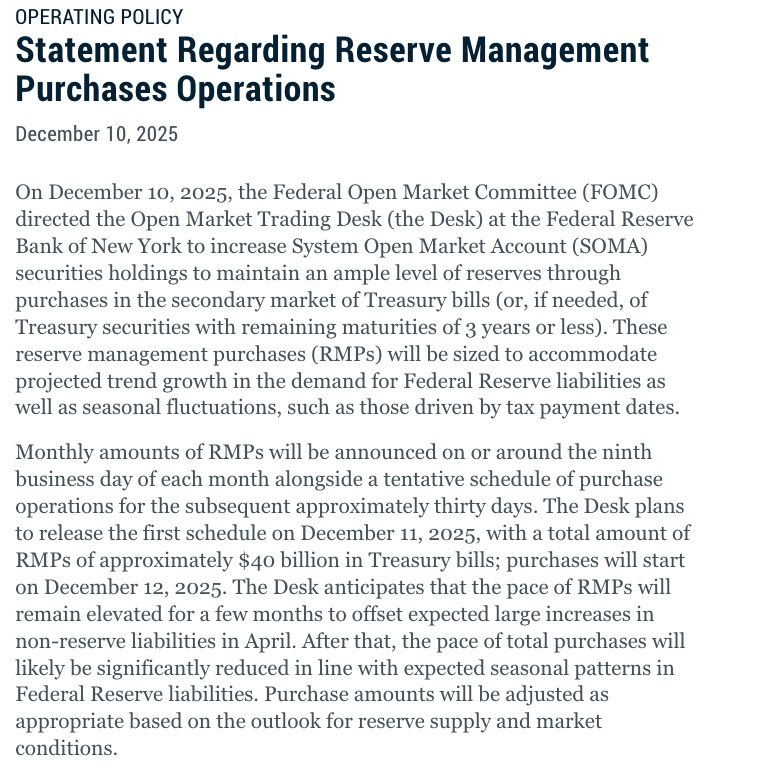look @BJMbraun derisking-based industrial policy, another resounding British #WallStreetConsensus success 

your morning reminder the British government should be investing in green public transport, not inputs for Tesla
ft.com/content/5d65d6…
ft.com/content/5d65d6…
• • •
Missing some Tweet in this thread? You can try to
force a refresh













